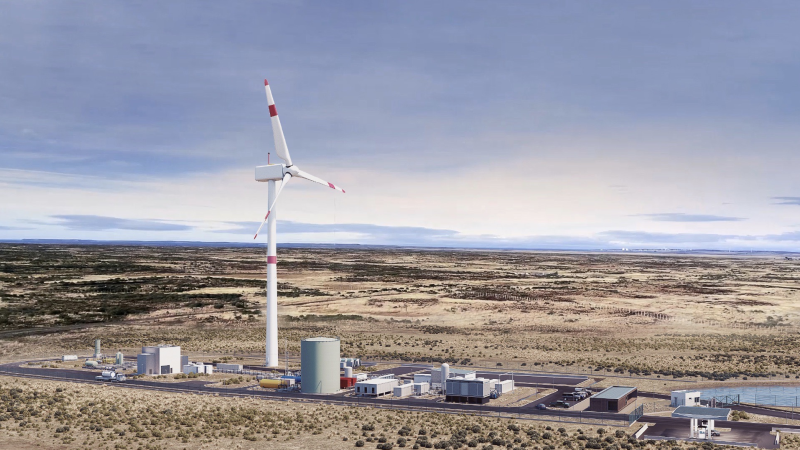- Joined
- Jan 25, 2012
- Messages
- 44,574
- Reaction score
- 14,461
- Location
- Texas
- Gender
- Male
- Political Leaning
- Conservative
Remember when people said that Carbon Neutral hydrocarbon fuels were not possible.
Carbon-Neutral eFuels Coming, Porsche Invests $75 Million in Company
Carbon-Neutral eFuels Coming, Porsche Invests $75 Million in Company
Porsche knows that it doesn’t matter in the big picture if you say you're eliminating carbon emissions from this model or that one; the key is to get fossil fuels out of the picture. If you can do that, and still drive a liquid-fueled car, why not make it a 911? Steiner said.


